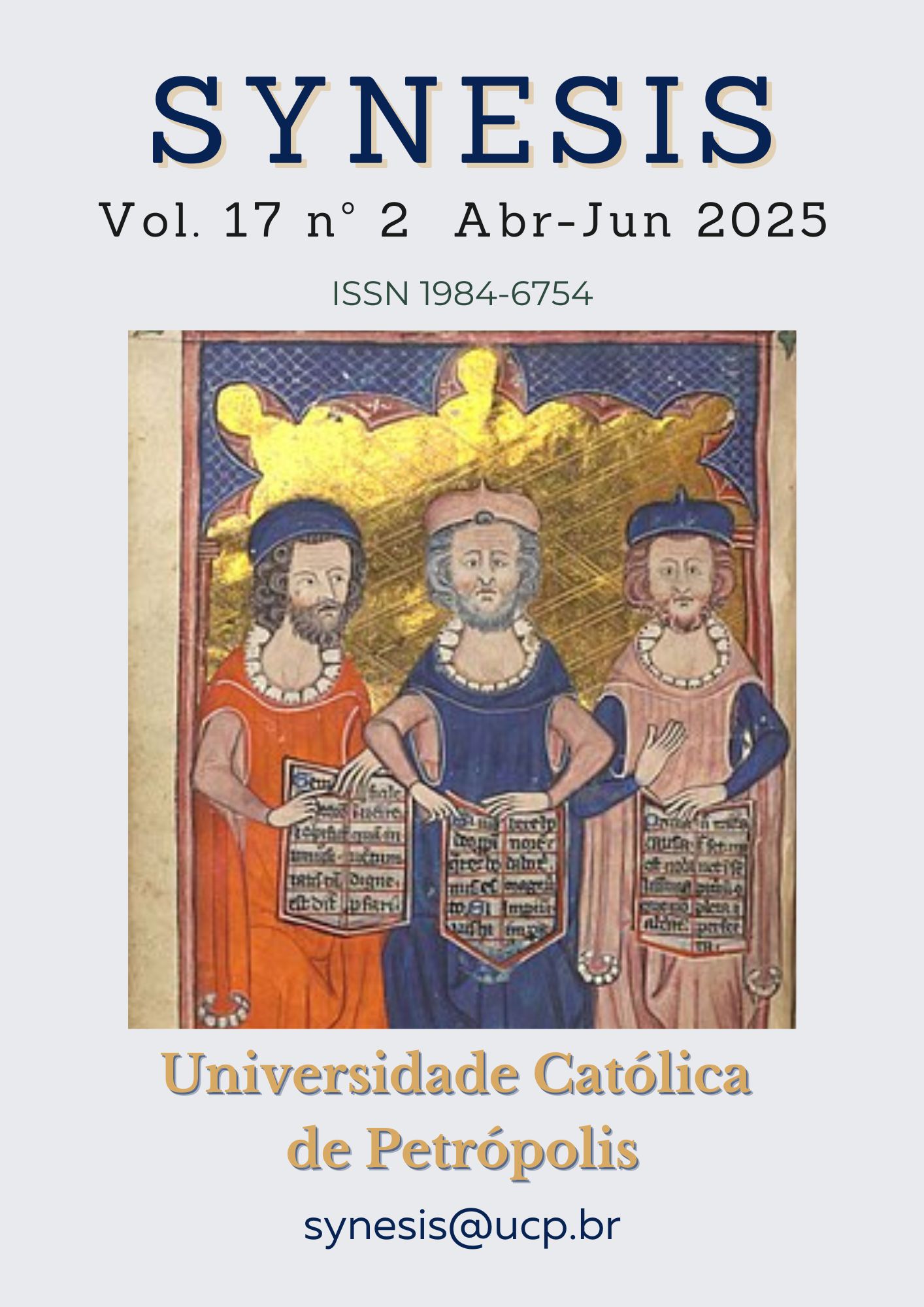Abstract
This article systematically investigates the Daoist concept of “Wu wei – Action through non-action” (無為), rooted in ancient Chinese philosophy, especially through two canonical texts: the 道德经 – Dao De Jing by 老子 – Lǎo Zǐ and the 南华经 – Nan Hua Jing by 庄子 – Zhuāng Zǐ. Within its original philosophical context, Wu wei – Action through non-action does not imply passivity or inaction, but rather denotes a way of acting by the natural order (Dao), rejecting coercive force and excessive intervention, while emphasizing humility, self-regulation, and harmony with all beings. It represents a profound form of practical wisdom with both ontological and ethical implications. Based on an analysis of this ideological system, the article further explores the process of cultural adaptation and influence of Wu wei – Action through non-action within Vietnam’s historical and cultural context, from the period of Chinese domination to the Lý–Trần dynasties, and into the spiritual and political traditions of Vietnamese intellectuals. The concept also permeates folk beliefs, vernacular literature, and philosophies of governance. In this process, Wu wei – Action through non-action was localized and synthesized into a distinctive Vietnamese mode of ethical-political conduct, integrating ideals of tranquility, moral autonomy, and social harmony. The article argues that in Vietnamese culture, Wu wei – Action through non-action is not merely a metaphysical concept, but also a symbol of humanistic value, shaping indigenous patterns of thought and moral life, and continuing to hold relevance for modern Vietnamese society.
References
Ames, Roger T., & Hall, David L. (2003). Dao De Jing: A Philosophical Translation. Ballantine Books.
Dieu, P. V. (1995). Nguyen Binh Khiem – Man and thought. Hanoi: Social Sciences.
Giau, T. V. (Editor-in-Chief, 2003). Vietnamese philosophical thought in the early Le - Mac - Le Trung Hung period. Hanoi: National Politics Truth.
Graham, Angus (1981). Chuang-Tzu: The Inner Chapters. Hackett Publishing.
Hansen, Chad (1992). A Daoist Theory of Chinese Thought: A Philosophical Interpretation. Oxford University Press.
Hinh, N. D. (1995). Taoism and Its Influence in Vietnam. Hanoi: Social Sciences.
Huou, T. D. (1998). Lectures on the History of Vietnamese Thought. Hanoi: Education.
Huou, T. D. (2005). History of Vietnamese Thought. Hanoi: Vietnam National University, Hanoi.
Kohn, Livia (1992). Early Chinese Mysticism: Philosophy and Soteriology in the Taoist Tradition. Princeton University Press.
Kohn, Livia (2001). Daoism and Chinese Culture. Three Pines Press.
Lao Tzu (translator: Nguyen Hien Le, 2003). Dao De Jing. Literature Publishing House.
Maspero, Henri (1971). Le Taoïsme et les religions chinoises. Gallimard.
Mair, Victor H. (1994). Wandering on the Way: Early Taoist Tales and Parables of Chuang Tzu. University of Hawaii Press.
That, L. M. (2014). Buddhist Thought and the Formation of Vietnamese Philosophy of Life. Vietnam: Ho Chi Minh City.
Zhuāng Zǐ. (translator: Nguyen Duy Can, 2002). Trang Tu ( 南华经-Nan Hua Jing). Vietnam: Ho Chi Minh City.
Van, V. H. (2020). Taoism and its manifestations in Vietnamese folk beliefs. Hanoi: National Politics.
Van, V. H. (2022). The influence of Taoism on the folk beliefs of the Vietnamese. The Russian Journal of Vietnamese Studies 6(4), pp. 51-60. DOI: https://doi.org/10.54631/VS.2022.64-111099
Van, V. H. (2023). Vietnamese People’s Customs of Worshiping the Soul: Concept, Content and Current Changes. The Russian Journal of Vietnamese Studies 7(3-2). pp. 67-77. DOI: https://doi.org/10.54631/VS.2023.732-123534
Van, V. H. . (2023). Values and Limitations of Lao Tzu’s Dialectic Ideology in The World. Synesis, 15 (1), 366–381. Retrieved from https://seer.ucp.br/seer/index.php/synesis/article/view/2669

This work is licensed under a Creative Commons Attribution-NonCommercial-NoDerivatives 4.0 International License.
Copyright (c) 2025 Synesis (ISSN 1984-6754)

